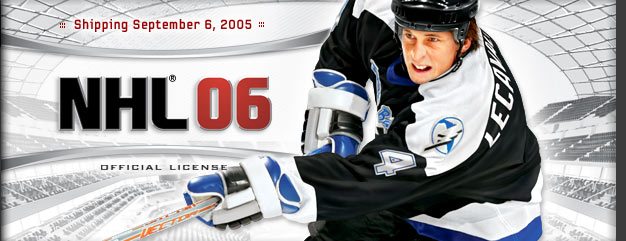A trademark is a mechanism for identifying the source of a good or service and a technique for providing marketing advantages for the owner of the trademark. See Trade Dress Protection. According to the United States Patent and Trademark Office (hereinafter USPTO), it is “any word, name, symbol, or device, or any combination thereof, other than a trade name in its entirety, adopted and used by a person to identify their goods and distinguish them from similar goods made or sold by others.” Therefore, a trademark would be used to protect the name of a video game, not a copyright.
Why Not Protect Under Copyright Law?
The Ins and Outs of Copyright Law mentioned that a copyright exists for works that are “original works of authorship fixed in any tangible medium of expression . . . from which they can be perceived, reproduced, or otherwise communicated, either directly or with the aid of a machine or device.” 17 U.S.C. §102 (a). Works of authorship include the following eight categories:
(1) Literary works;
(2) Musical works, including any accompanying words;
(3) Dramatic works, including any accompanying music;
(4) Pantomimes and choreographic works;
(5) Pictorial, graphic, and sculptural works;
(6) Motion pictures and other audiovisual works;
(7) Sound recordings; and
(8) Architectural works. Id.
While other elements of the video game may be available for copyright protection, the name itself is not copyrightable. However, protection is available under trademark law.
Why Protect Under Trademark Law?
One of the benefits of trademark protection in the United States includes its indefinite duration as long as it is protected and used. In addition to its indefinite duration, trademark protection of name on a video game provides another benefit for the trademark owner, which is to protect their mark in addition to helping market its products, and an advantage for consumers, which is to provide a recognized name to ensure a certain expectation of the goods and their quality. For example, consumers recognize the EA Sports name on the packaging of a video game for providing high quality developing for video games like FIFA, NHL, MADDEN, and UFC. Additionally, video game names such as MADDEN are also registered trademarks. According to the United Stated Patent and Trademark Office (hereinafter USPTO), Red Bear, Inc. holds a trademark on computer game software and video game cartridges registered under the mark MADDEN.
Prerequisites of a Trademark
“In order to serve as a trademark, a mark must be distinctive — that is, it must be capable of identifying the source of a particular good. In determining whether a mark is distinctive, the courts group marks into four categories, based on the relationship between the mark and the underlying product:
(1) arbitrary or fanciful,
(2) suggestive,
(3) descriptive, or
(4) generic
Arbitrary or Fanciful Marks
The marks in each of the categories listed above will vary in respect to their distinctiveness, the degree of protection, and the requirements for legal protection. Moreover, the arbitrary or fanciful mark is a mark that bears no relationship to the underlying product. For example, consider Apple. The Apple name and its symbol have no relationship to computers or technology; therefore, marks in this category are considered inherently distinctive, meaning they have a high degree of protection.
Suggestive
A suggestive mark is one that suggests a characteristic of the underlying good. An example given in a Harvard cyber law article includes Coppertone. Coppertone is suggestive of sun-tan lotion, but it does not specifically describe the product. Thus, suggestive marks are also given a high degree of protection.
Descriptive
A descriptive mark is just as the category portrays—a mark that describes its goods. For example, AutoZone is a descriptive mark because it describes its goods sold for vehicles. Since this category of marks is not considered to be inherently distinctive, they are only protected if they acquire secondary meaning. As discussed in Secondary Meaning of Trade Dress, secondary meaning is defined as the “mental association by a substantial segment of consumers and potential consumers ‘between the alleged mark and a single source of the product.’” Levi Strauss & Co. v. Blue Bell, Inc., 778 F.2d 1352, 1354 (9th Cir. 1985).
Generic
Finally, generic marks describe the category in which the underlying product or good belongs. If a mark is considered to be generic, it is not entitled to any protection under trademark law because they are too useful for identifying a particular good. For example, the term tissue is now a generic term to describe facial tissues.
For more information about the how or why to trademark the name of a video game, contact Revision Legal’s copyright attorneys through the form on this page or call (855) 473-8474.
[Photo: Photographer: Mister Leung]





